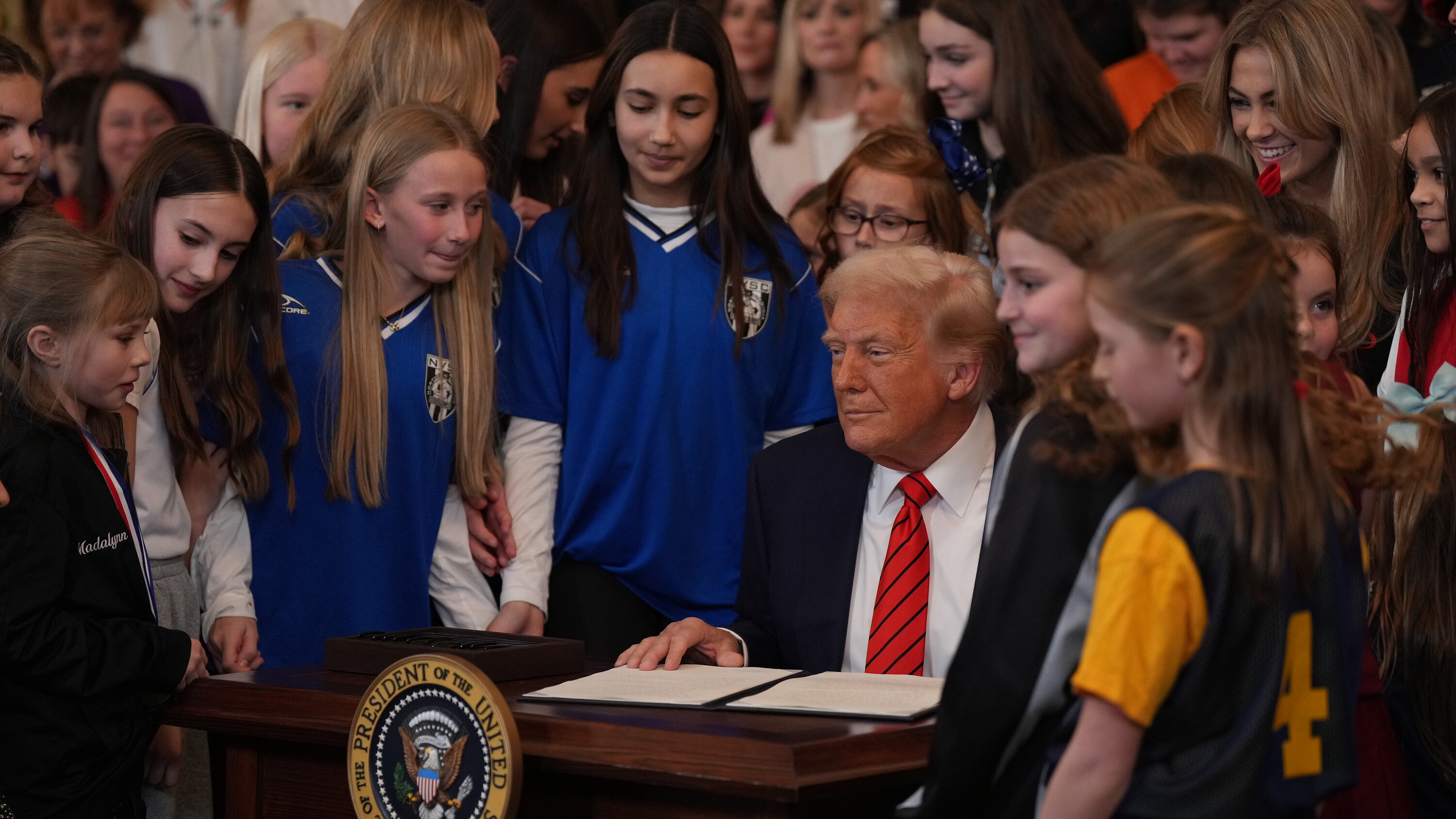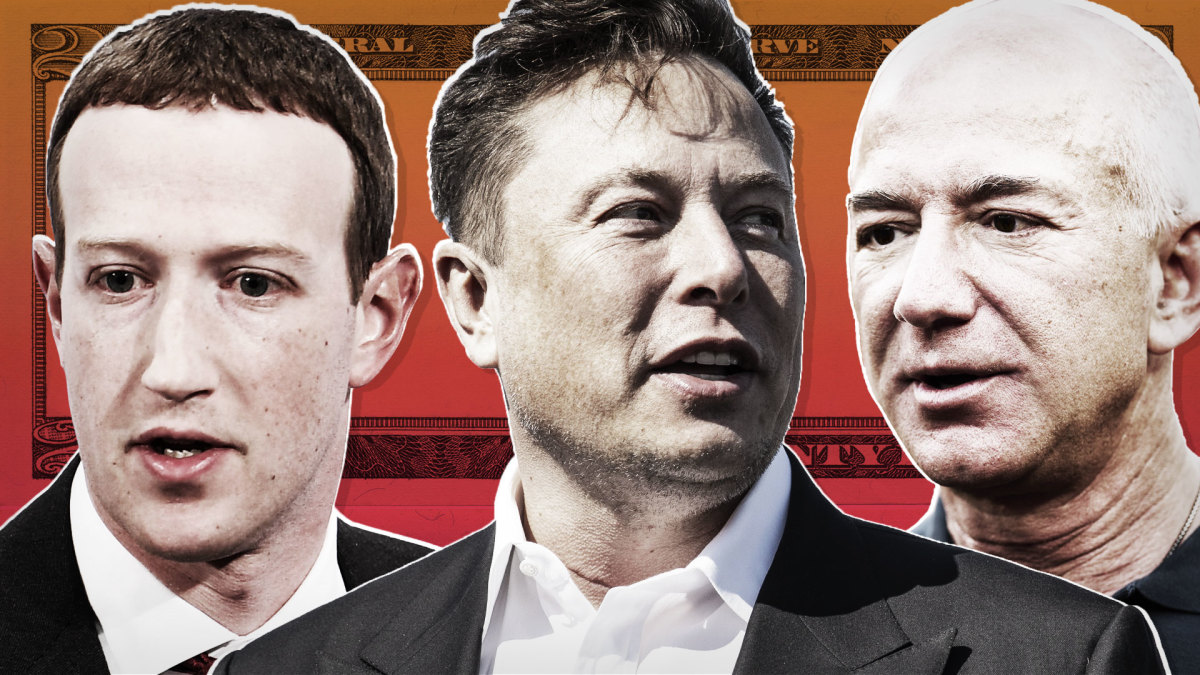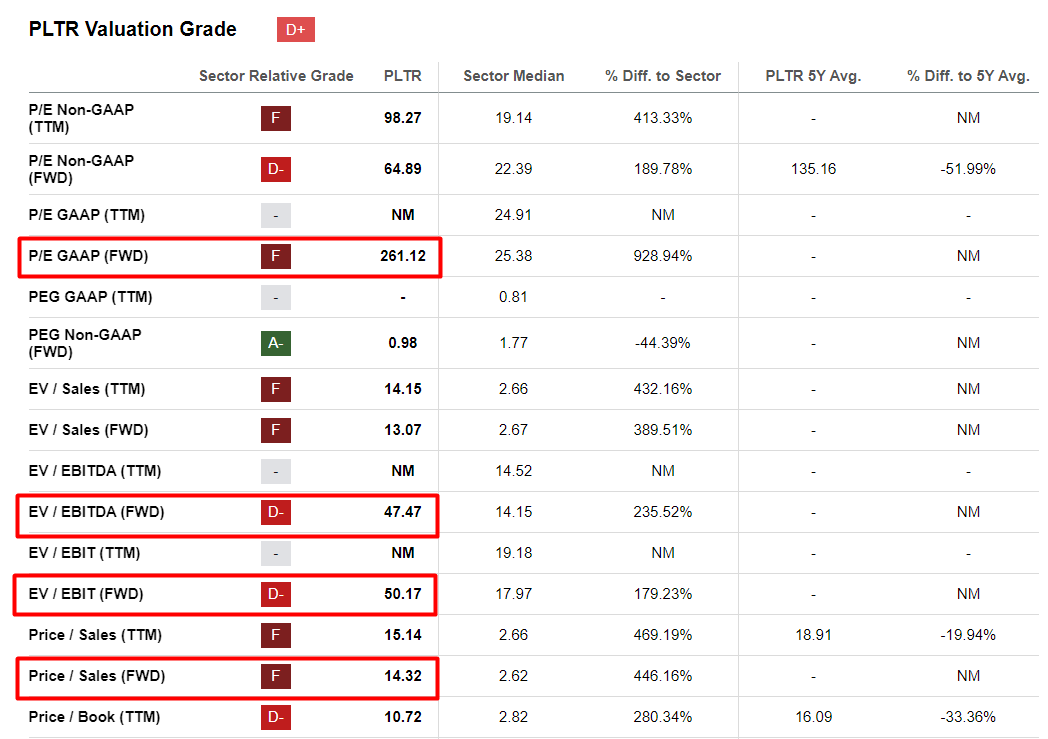Ray Epps V. Fox News: A Defamation Case Examining January 6th Narratives

Table of Contents
The Core Allegations of the Ray Epps Defamation Lawsuit
Ray Epps's lawsuit against Fox News centers on allegations of defamation stemming from statements made by Fox News personalities and commentators in the aftermath of the January 6th Capitol attack. Epps claims that these statements falsely portrayed him as an FBI informant who instigated the violence. This false narrative, widely disseminated across Fox News platforms, caused him significant reputational damage and emotional distress.
- False accusations of Epps being an FBI informant: Fox News's reporting repeatedly suggested, without evidence, that Epps was a government agent secretly encouraging the events of January 6th. This claim fueled conspiracy theories and led to online harassment and threats against Epps.
- Claims suggesting Epps incited the January 6th violence: Several Fox News segments and broadcasts directly or indirectly implicated Epps in planning or inciting the violence at the Capitol. These claims presented snippets of video footage out of context, creating a misleading narrative.
- Examples of specific Fox News segments or broadcasts cited in the lawsuit: The lawsuit specifically cites various Fox News programs and personalities who aired these false claims, providing detailed examples of the alleged defamatory statements. This detailed evidence forms a crucial part of Epps's legal strategy.
- Highlighting the alleged damage to Epps's reputation and emotional distress: The lawsuit outlines the significant emotional toll this false narrative took on Epps, including online harassment, death threats, and the disruption of his life. These damages are central to his claim for compensation.
The Role of Media in Shaping Narratives Around January 6th
The January 6th Capitol attack spurred a plethora of narratives, with different media outlets presenting varying accounts and interpretations of the events. Fox News' coverage, according to Epps's lawsuit, played a significant role in propagating a particular narrative – one that emphasized conspiracy theories and downplayed the role of then-President Trump and his supporters.
- Examples of alternative narratives about January 6th: Other news outlets presented analyses that focused on the role of Trump's rhetoric in inciting the violence, the involvement of extremist groups, and the systemic failures that allowed the attack to occur.
- Discussion of the impact of social media in amplifying these narratives: Social media platforms became powerful vectors for spreading both accurate and inaccurate information about January 6th. The Fox News narrative, amplified through social media, reached a vast audience and contributed to the spread of misinformation.
- The role of opinion versus factual reporting in shaping public perception: The blurred lines between opinion and factual reporting in some Fox News segments are a key point of contention in the lawsuit. Epps argues that statements presented as fact were, in reality, unsubstantiated claims that damaged his reputation.
- The potential consequences of biased or inaccurate reporting on public trust: The consequences of biased or inaccurate reporting extend beyond the individuals directly targeted. It erodes public trust in media institutions and undermines faith in democratic processes.
Legal Implications and Potential Outcomes of the Epps v. Fox News Case
The Ray Epps v. Fox News case will test the legal standards for defamation, particularly concerning public figures. Epps must prove that Fox News acted with actual malice – knowing the statements were false or recklessly disregarding their truth or falsity.
- Explanation of the legal burden of proof in defamation cases: Defamation lawsuits are notoriously difficult to win, especially for public figures. The plaintiff must demonstrate a high degree of fault on the part of the defendant.
- Potential outcomes of the case, including monetary damages and reputational effects: Potential outcomes range from dismissal to a significant monetary award for Epps, along with a potential impact on Fox News's reputation. The precedent set could influence future media accountability.
- The significance of the case as a precedent for future media accountability: This case could set a crucial precedent for how media outlets are held accountable for spreading misinformation and conspiracy theories.
- Discussion of the First Amendment and its relevance to the case: The First Amendment's protection of free speech will play a critical role in the court's deliberations. The case will examine the balance between free speech and the potential for harm caused by false and defamatory statements.
The Broader Context: Disinformation and the January 6th Investigation
The Ray Epps case is inextricably linked to the broader investigation into the January 6th attack. The spread of disinformation played a crucial role in the events leading up to and following the attack.
- Mention the House Select Committee's findings: The House Select Committee's investigation revealed a concerted effort to spread misinformation and conspiracy theories about the election and the January 6th events.
- The impact of false narratives on public trust in democratic institutions: The spread of false narratives undermined public trust in democratic institutions and fueled political polarization.
- The challenges of combating disinformation in the digital age: Combating disinformation in the digital age presents significant challenges due to the speed and reach of online platforms.
Conclusion
The Ray Epps v. Fox News defamation lawsuit is a significant case with far-reaching implications. It highlights the power of media narratives, the dangers of misinformation, and the crucial need for accountability in reporting on major events like the January 6th Capitol attack. The outcome will likely set a precedent for future cases involving media defamation and the spread of conspiracy theories. Understanding the complexities of this case is crucial for navigating the evolving landscape of news and information in the digital age.
Call to Action: Stay informed about the developments in the Ray Epps v. Fox News case, as it unfolds and continues to shape discussions about media responsibility, January 6th narratives, and the fight against disinformation. Following this case closely is vital for understanding the impact of misinformation and the ongoing battle for truth in the digital age.

Featured Posts
-
 Following Trump Order Ihsaa Bans Transgender Girls From Sports
May 10, 2025
Following Trump Order Ihsaa Bans Transgender Girls From Sports
May 10, 2025 -
 Edmonton Oilers Draisaitl Exits Game Due To Injury
May 10, 2025
Edmonton Oilers Draisaitl Exits Game Due To Injury
May 10, 2025 -
 The Experiences Of Transgender People Under Trumps Executive Orders
May 10, 2025
The Experiences Of Transgender People Under Trumps Executive Orders
May 10, 2025 -
 How Much Wealth Did Musk Bezos And Zuckerberg Lose Since Trumps Inauguration
May 10, 2025
How Much Wealth Did Musk Bezos And Zuckerberg Lose Since Trumps Inauguration
May 10, 2025 -
 Is Palantirs 30 Drop A Good Time To Invest
May 10, 2025
Is Palantirs 30 Drop A Good Time To Invest
May 10, 2025
